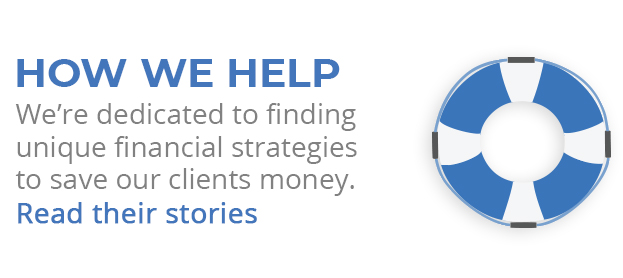Women are taking action to approach retirement with greater confidence. Some recent, intriguing survey data indicates that women are planning their financial futures with some degree of pragmatism, but also with considerable motivation.
One of the key motivations, it seems, is receiving financial advice.
Results from a new TIAA-CREF survey (and other studies) bear this out. The retirement services giant polled a random, national sample of 1,000 men and women age 18 and older for its 2014 Advice Matters Survey, and it found that 81% of women who had obtained financial advice were more likely to feel informed about retirement planning and retirement saving than women who hadn’t. Additionally, 63% of women who had received financial advice felt confident that they were saving sufficiently for retirement.
What kind of difference does financial advice make? A significant difference, it seems. In the big picture, 87% of the women surveyed by TIAA-CREF this summer said they had taken “positive steps” in their financial lives as a consequence. In particular, 64% altered spending habits and 53% took an organized approach to managing debt.
In addition, 51% of the women had created an emergency fund and 57% had increased monthly saving rates since getting advice – and that leads us toward another interesting statistic.
One study suggests women are more dedicated to retirement saving than men. Looking back at 2013, Vanguard discovered that 79% of women earning between $50,000-75,000 were participating in its employer-sponsored retirement plans; only 60% of men in that income group were.
Another notable difference appeared, this one across all income levels. Examining data from all of its retirement plans, Vanguard found that women saved for retirement at rates ranging from 6-12% greater than men. The message that women need more money for (a potentially longer) retirement than men is being heard loud and clear, it seems.
Where are women getting their financial advice from? TIAA-CREF’s survey asked this question, but it only counted online sources. Back in 2012, 20% of women in TIAA-CREF’s 2012 survey said they went to financial websites for advice; this year, that rose to 41%.
Most telling is that 49% of the women TIAA-CREF polled felt that it would be helpful to turn to a real person online with their basic personal financial questions. In fact, 61% of women respondents in the survey reported relying on financial services providers (and presumably, the financial professionals who work for them) for advice.
Still, 66% of the women answering TIAA-CREF’s questions indicated that it was hard for them to determine what sources of financial advice to trust. (That was across all women surveyed, including those who had not sought advice.)
Women may put more importance on long term care planning than men. Or so suggests Genworth’s 2014 Online Consumer Survey. The insurer collected responses from 1,200+ U.S. adults age 18 and older during October, and 64% of women respondents said they were motivated to plan for long term care needs. Only 40% of men responding said they were concerned about that. Even so, Genworth discovered that less than 30% of respondents had talked with their loved ones about planning for eldercare or aging issues.
Long term care insurance is getting costlier as the baby boom generation matures, and it may get more expensive for women in the near future than for men: as Morningstar columnist Mark Miller recently noted, gender-based pricing is quickly emerging and may become standard practice.
Single women need to plan & save aggressively for the years ahead. The Transamerica Center for Retirement Studies recently surveyed American workers 50 and older and found that the median retirement savings for single women was only $35,000. (For single men, the median was $70,000; for married women, it was $153,000.) Women living alone anticipated a financial struggle: 48% of those surveyed believed they would retire to a lower standard of living, and 52% assumed their main income resource would be Social Security. Perhaps most troubling, 56% of these single women expected to work into their seventies or never retire.
The takeaways here for a single woman: save early, save consistently, exploit Social Security claiming strategies for any potential advantage, and find a social support network that can help you look after yourself as you age.
Advice promotes action. As you amass financial knowledge, you gain perspective. When you run the numbers and estimate the level of retirement savings and income you will need, you are able to set goals and timelines for your financial future. Planning the financial future starts with a commitment – and following through on that commitment is critical.

About the Independent Financial Advisor
Robert Pagliarini, PhD, CFP®, EA has helped clients across the United States manage, grow, and preserve their wealth for the past 25 years. His goal is to provide comprehensive financial, investment, and tax advice in a way that was honest and ethical. In addition, he is a CFP® Board Ambassador, one of only 50 in the country, and a real fiduciary. In his spare time, he writes personal finance books, finance articles for Forbes and develops email and video financial courses to help educate others. With decades of experience as a financial advisor, the media often calls on him for his expertise. Contact Robert today to learn more about his financial planning services.










